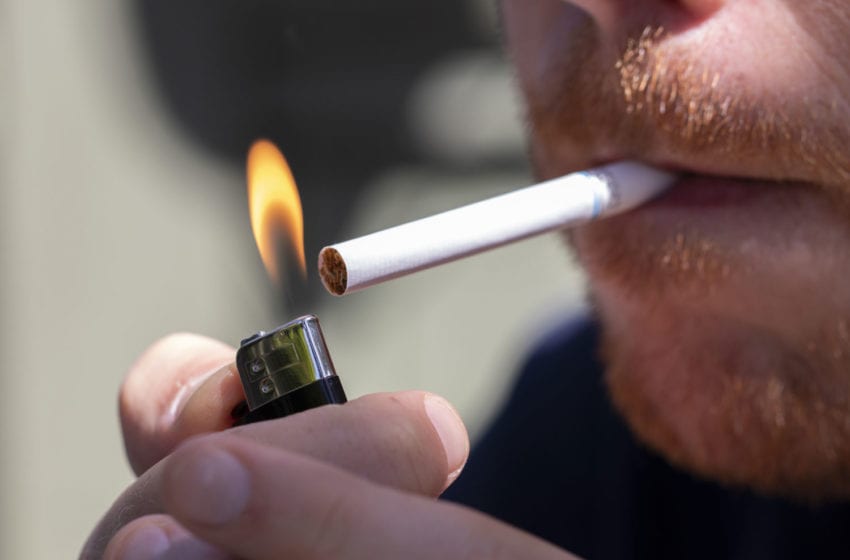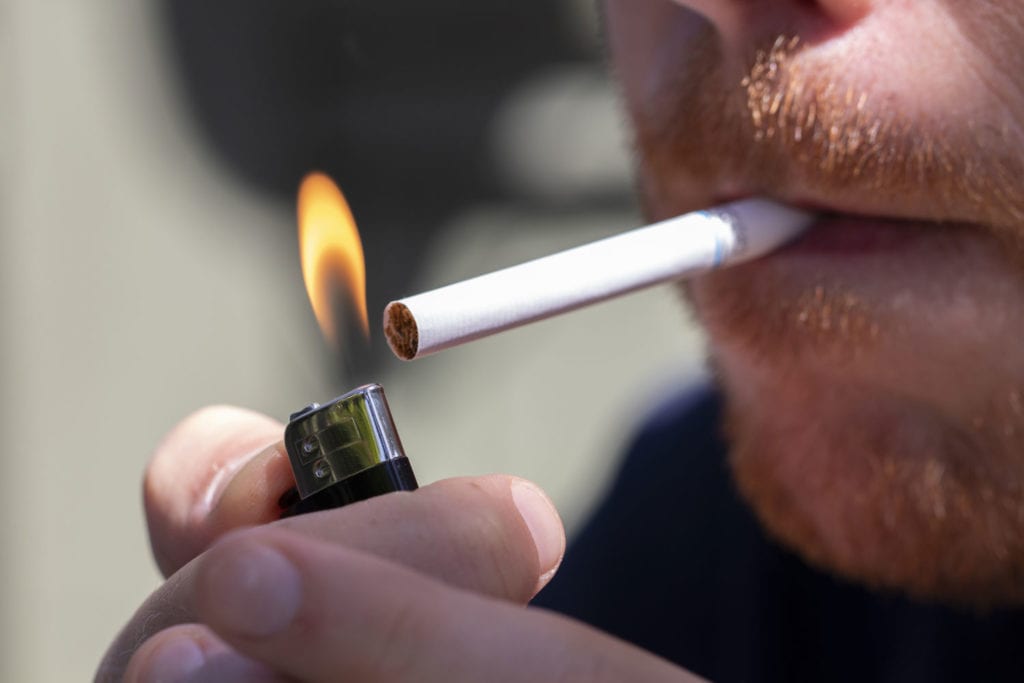Pandemic-related anxiety, boredom and irregular routines were cited as major drivers of increased nicotine and tobacco use during the initial Covid-19 lockdown, according to research just released by Columbia University’s Mailman School of Public Health. The study highlights ways that public health interventions and policies can better support quit attempts and harm reduction, both during the Covid-19 pandemic and beyond. The findings are published in the International Journal of Drug Policy.
Between April and May 2020, the researchers conducted telephone interviews with adults across the United States who use cigarettes and/or electronic nicotine-delivery systems (ENDS), such as e-cigarettes. Participants in the study were recruited using an advertisement campaign on Facebook and Instagram. During this window, nearly 90 percent of the U.S. population experienced some form of state lockdown, with 40 states ordering nonessential businesses to close and 32 states enacting mandatory stay-at-home orders. At the time of their interviews, all participants were voluntarily isolating at home unless required to leave the house.
Nearly all participants reported increased stress related to Covid-19—namely, fears about the virus, job uncertainty and the psychological effects of isolation—and described this as the primary driver of increased nicotine and tobacco use. Decreased use, while less common, was prevalent among “social” tobacco users, who cited fewer interpersonal interactions during lockdown and a fear of sharing products.
At the community level, retail access impacted cigarette and ENDS use differently. While cigarettes were universally accessible in essential businesses, such as convenience stores and gas stations, access to preferred ENDS products was more limited since vape shops and other specialty ENDS retailers were typically deemed nonessential and required to close or limit hours. This drove some ENDS users to order their products online, which often resulted in long wait times due to shipping delays or product backorder as a result of high demand. As a result, some dual users of cigarettes and ENDS increased their use of readily available cigarettes.
“Pandemic response policies that intentionally or inadvertently restrict access to lower risk products—through availability, supply chains or even postal service slowdowns—while leaving more harmful products widely accessible may have unintended consequences that should be considered during policy development,” said Daniel Giovenco, assistant professor of sociomedical sciences at Columbia Mailman School and the study’s lead author.
Given that tobacco use behaviors are expected to increase among some individuals during this sustained period of uneasiness, Giovenco and colleagues proposed several key policy recommendations: expansion of cessation resources and services, including their adaptation for remote delivery; establishment and enforcement of smoke-free home rules to protect household members; and enabling equivalent access to lower risk products—such as ENDS and nicotine-replacement therapy—to facilitate harm reduction among those who cannot or do not want to quit using nicotine at this time.
“While quantitative, survey-based studies provide valuable insight into changes in tobacco use during lockdown periods, existing research has drawn mixed conclusions. Our approach was the first to qualitatively capture the complex drivers and mechanisms that may help explain varied behavioral shifts,” noted Giovenco. “Covid-19 mitigation strategies to curb transmission will likely continue for the foreseeable future, with many permanently altering elements of the workplace, education and consumer behaviors. Our findings can help tailor intervention and policy work to address multi-level determinants of tobacco use in the Covid[-19] era and the years ahead.”


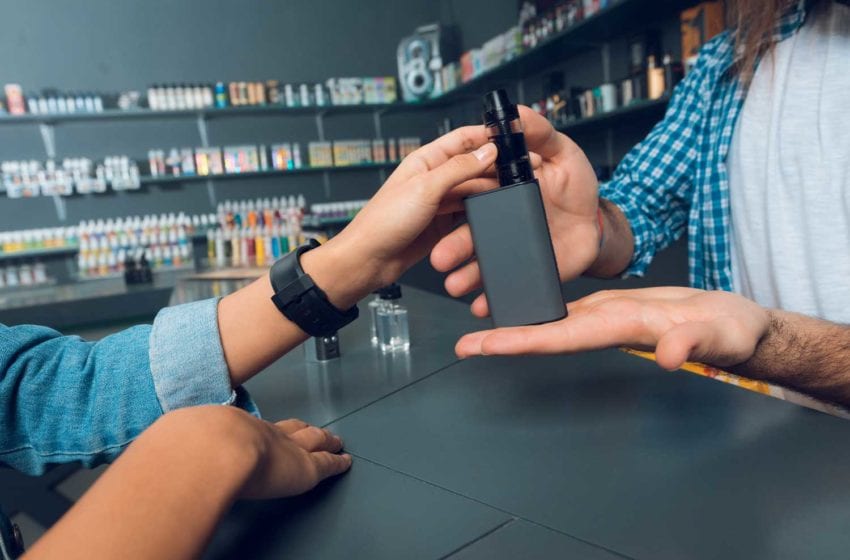








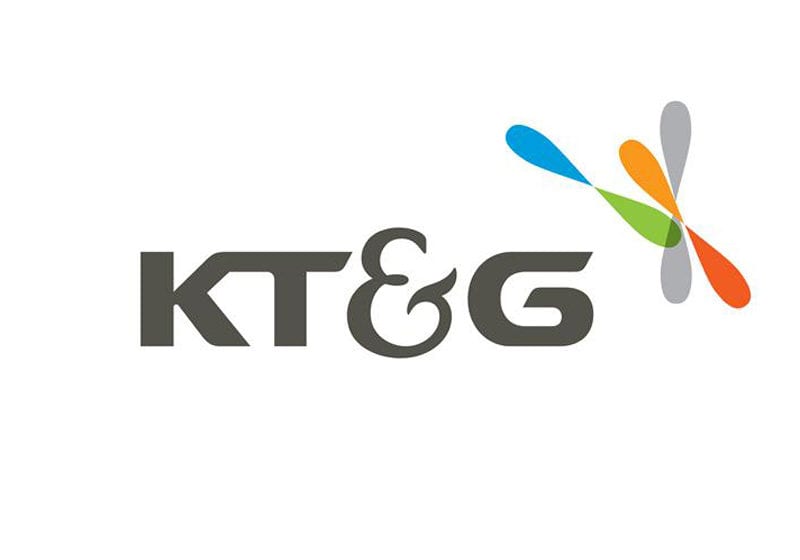
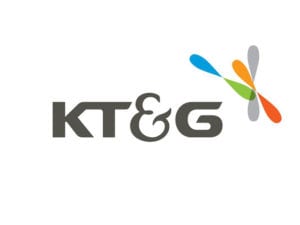 KT&G will hold its 34th annual general meeting (AGM) of shareholders on March 19, 2021, at 10 a.m. Korea Standard Time.
KT&G will hold its 34th annual general meeting (AGM) of shareholders on March 19, 2021, at 10 a.m. Korea Standard Time.



